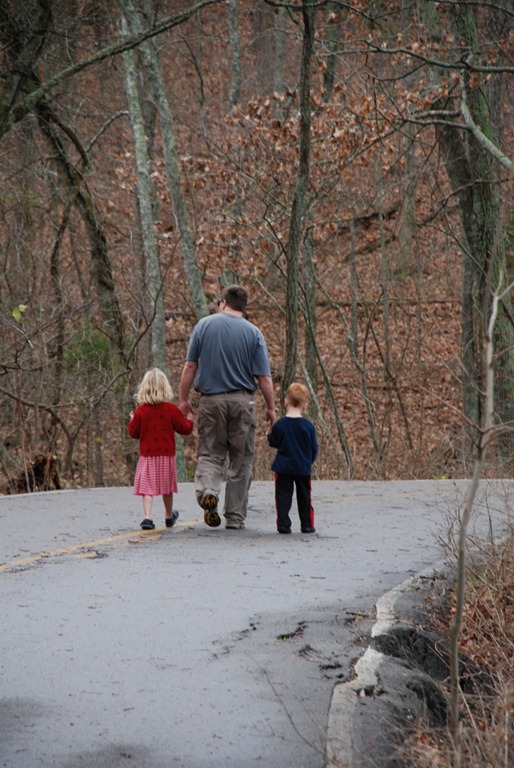 This famous question was first uttered by Cain after God asked him where Able was. Cain, of course, had killed him since he had given the better sacrifice. Why do we ask this question today? Because we do not want to take responsibility for something someone else does– especially when we know about what’s going on.
This famous question was first uttered by Cain after God asked him where Able was. Cain, of course, had killed him since he had given the better sacrifice. Why do we ask this question today? Because we do not want to take responsibility for something someone else does– especially when we know about what’s going on.
Take for instance this letter to “Dear Abby”. In it, we learn that there is a sister that is aware that her sister, “Cindy,” is practicing a deadly activity because it gives her a high. Her addiction is not to drugs or alcohol, but to the “choking game.” This is where you voluntarily cut off oxygen to your brain for the high that you get as the air is less and less.
This worried sister wants to know what to do. After all, if she chooses not to monitor her sister, she fears that the sister will do it alone and risk her life. At the same time, she doesn’t want to encourage her sister to do this– and she makes this comment:
Cindy and I have an understanding. We don’t tell our parents on each other, and she hasn’t told on me when she’s known things that would get me in trouble. However, I think I should make an exception when her life may be in danger.
It’s as if we can hear “Worried Sister” ask, “Am I my sister’s keeper?” I know about something in my sister’s life that could be the end of it, but what should I do about it?
Fortunately, Dear Abby suggests that she tell her parents immediately– since this high that she’s hooked on is as strong as other dangerous substances, but I would like to ask the further question.
What in the life of your family or friends do you know about that you are not talking to them or someone in responsibility about? What are you covering up? You see, we are our brother’s keeper– whether they are our biological siblings or our spiritual ones. It’s not enough for us to see a sin and keep walking, or walk to the other side. That’s what the priest and the Levite did in the story of the Good Samaritan. No, we’re commanded that if we see a brother overtaken in a fault, we are to restore that brother.
This isn’t easy, and that’s why we want people say that we are not our brother’s keeper. It will take work– and it might take an admission of wrong doing in our own lives that we will need to get out of the way before we can minister to the one in trouble. (The whole speck vs. beam passage in Matthew.) How can we say we love one another if we cannot spend the time to reach out to another to help them in their time of need?
What kind of brother/sister are you?

This is such a good reminder, and great way to lead into it. I might even share this one with my girls (will have to pray about it…the choking part).
I’ve always had the hardest time with confrontation. *Shudder* To the point of laying awake nights, panicked with anxiety (yes, I know, “Be anxious for nothing!”). God knows that if He puts something on my heart, I’ll do my best, but it’s always with fear and trembling. Rather than peace and confidence. I have so much to learn in this area.
Thanks for the great post. God is really using you here!
This is an interesting topic. One I am working on with my son, and myself (of course).
Here is the question I cannot answer well…
When do we report and follow the verse that WE ARE our Brothers keeper, and when do we let love cover a multitude of sins??
See this is the difference between tattling, and keeping safe…
Is it a small fault, or a sin against yourself? or is it a major sin, and a debiliatating one that would be better addressed in love by confrontation?
I don’t seem to have too much trouble discerning the difference, but my three year old sure does!
Good post.
MRs Meg Logan